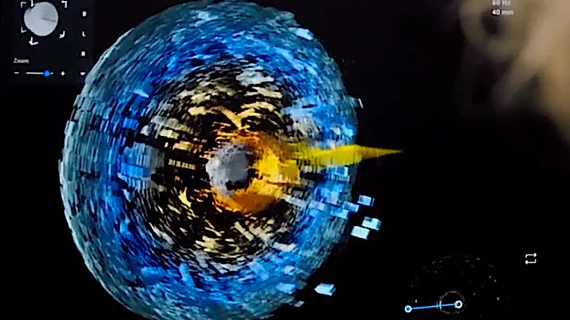Luma Vision raises $22M for 4D cardiac imaging platform
Luma Vision, a venture capital-backed medical device startup with offices in Ireland and Germany, has received $22 million in financing from three new investors. The investments came from Atlantic Bridge Growth Fund, Bayern Kapital and a third investor that wished to remain anonymous.
These funds are expected to go toward seeking U.S. Food and Drug Administration (FDA) approval for Luma Vision’s Verafeye platform and preparing the technology for U.S. commercialization.
Verafeye is the company’s 4D imaging and navigation platform designed to provide high-resolution, 360-degree images of the heart using custom-designed catheter sensors, advanced imaging technology and artificial intelligence algorithms. According to Luma Vision, the platform was designed to provide all necessary imaging guidance during surgical procedures without the use of outside X-ray or CT offerings. It was developed with atrial fibrillation treatments, cardiac valve replacement and other common cardiac procedures in mind.
“Physicians require accurate, real-time data at the point of care in order to effectively treat patients,” Luma Vision CEO Fionn Lahart said in a prepared statement. “Our goal with Verafeye is to provide the data and imaging physicians need in one system to successfully treat as many of the conditions their patients face as possible. By developing a technology platform that can be tailored for specific therapies in cardiology, we believe that Verafeye can be a bedrock of medical imaging for many years to come.”
“This new technology has the potential to help us deliver more precise therapies for patients suffering from abnormal heart rhythms or structural heart problems,” added Gábor Széplaki, MD, PhD, an electrophysiologist with the Mater Private Hospital Dublin. “This type of medical innovation is essential for the continuous progression of minimally invasive cardiac therapies that can improve patient care.”
Luma Vision was founded in 2017. The company began as a spinoff of BioInnovate Ireland and Trinity College Dublin.

